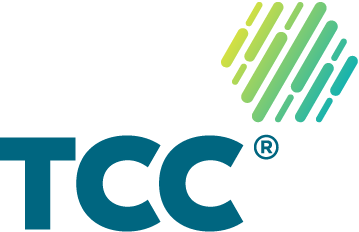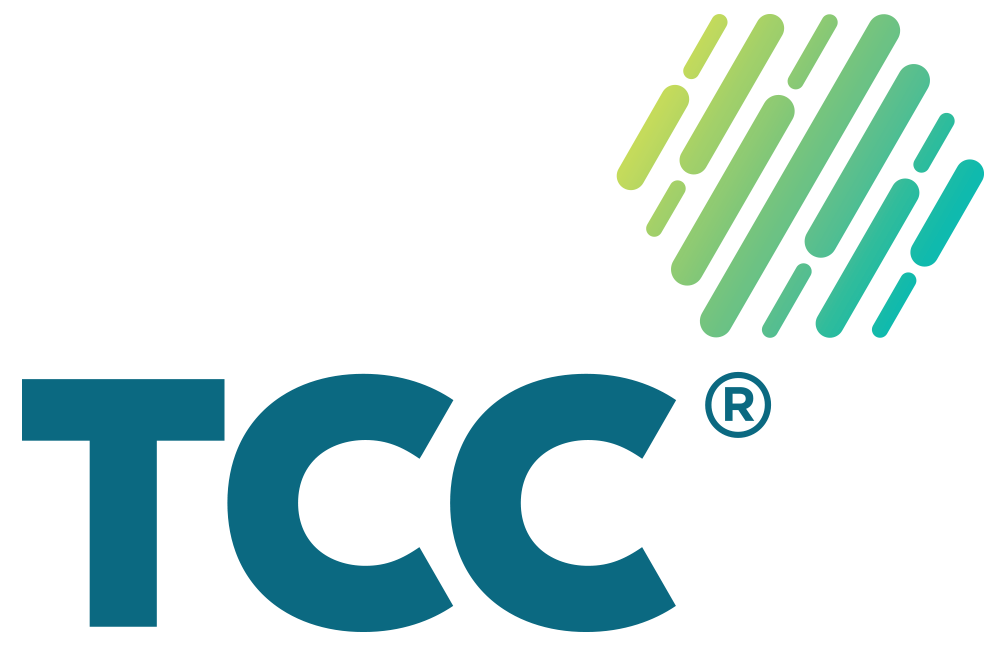The power of enhancing, not replacing, people with technology
For a long time, conversations about artificial intelligence and technology have been met with some scepticism and fear of what machines will be capable of.
But machines have been replacing human workers for centuries now, whether it’s to increase speed, avoid dangerous working conditions or reduce costs. While this has been the general trend for a while, the onset of the Covid-19 pandemic accelerated it exponentially.
As companies scrambled to find safe and effective ways to operate mid-lockdown, technology stepped in to fill the gap. Chatbots replaced call centre staff who couldn’t work from home. More consumers than ever turned to digital banking services rather than visiting their local branch.
Post-pandemic, it’s likely that some job roles will change for good. But while some businesses will see it as an opportunity to permanently reduce headcount, others are thinking smarter and looking to how technology can allow them to do more with less.
The challenge ahead
In the wake of the financial crisis, the challenge for compliance officers was finding skilled resource to get standards up to scratch. Compliance budgets increased and resource was made available, with senior leaders concluding the risk of regulatory action simply wasn’t worth scrimping on.
Cut to 2021, and businesses are still facing many of the same risks they were in 2008 – increased consumer vulnerability, an uncertain economic future and intense regulatory scrutiny.
They’ll still need that skilled resource. But instead of generous purse strings, it’s likely that compliance officers will be under pressure to keep costs under control this time around. The only way to balance budgets while also managing risk is to invest in tech.
— Thomson Reuters, Cost of Compliance report 2020“Boards will be loath to overpay for compliance, especially if costs increase year on year, but equally will want to manage the firm’s the regulatory risk.
”
Enhancing, not replacing
Our high-performance file reviews are just another example of how AI can make the lives of compliance teams easier, reducing costs while keeping quality high.
You could be concerned that technology is usurping file reviewers, taking away work from skilled, trained people, and automating it. But that’s just not the case. Our technology is smart, but not smart enough to make a nuanced judgement of the suitability of financial advice. Only our experienced, trained teams of reviewers can do that. Instead, the technology makes reviewing files faster.
The completeness check ensures all the necessary files are included in a case and saves the reviewer loads of laborious admin. The technology converts all scanned documents to machine-readable text, meaning everything is easily searchable. All files are opened in one single document viewer, and reviews can make digital annotations and bookmarks, so case files are so much more navigable.
This way, reviewers can just get on with what they’re skilled at and trained to do: reviewing.
Rather than replacing people in the process, the technology just makes it possible to do a lot more, meaning more customers receive the best outcomes, with fewer complaints and less regulatory intervention.
All this is gold dust at a time when businesses are facing static compliance budgets but more risk and more work.
Find out how we've applied high-performance file reviews to business assurance
Discover moreGet a demo of the technology
We'll show you how it can work for your business

